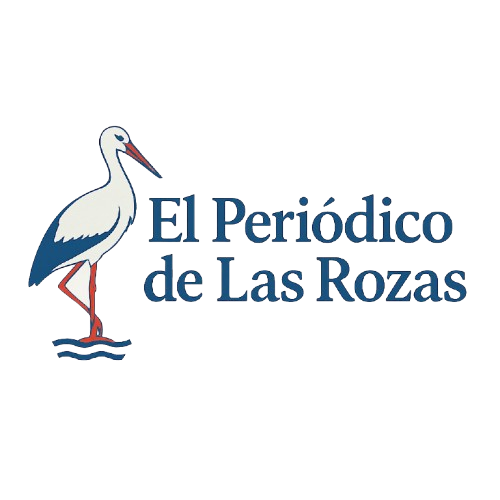Díaz Ayuso anuncia la creación de un Distrito único de prácticas en la nueva Ley de Enseñanzas Superiores, Universidades y Ciencia de la Comunidad de Madrid
Among the main axes and novelties of the LESUC, Díaz Ayuso has highlighted that the first Law of Higher Education of the most important university region in Spain will pioneer all higher education: universities and scientific research, higher vocational training, higher artistic education, sports education, and business schools. This legal recognition will build bridges between education and employment, promoting continuous learning and professional recycling.
The future Law on Higher Education, Universities, and Science faces the challenge of dual training by creating a unique District of internships, with a Coordination Commission in which all interested parties will participate, and a unified computer application, to ensure that no university student or vocational training student is left without internships.
The Law aims to protect the Humanities and promote the Spanish language in university life, with measures such as lowering fees for Hispanic American students so that they pay the same as any Spanish or EU youth. In addition, a minimum level of accredited Spanish will be required to study in public and private universities, except for programs taught originally in another language.
A new funding model for universities
Regarding the new funding system for public universities, which will be multi-year and reviewed every five years, it will include three levels: basic funding for the normal operation of campuses; another for specific needs that will allow, for example, the rehabilitation of buildings; and an additional and optional third level for achieving various objectives, such as promoting dual training in undergraduate and master’s programs or encouraging admission tests that increase the requirements for degrees like Early Childhood and Primary Education, among others.
To complement this funding, these institutions will be provided with new funding tools such as managing their investment portfolios, inter-university loans of their surpluses on preferential terms, managing their own properties, activating a purchasing center to reduce costs, or developing common administrative management services.
Other novelties of the future legislation will include the recognition of accreditations of teachers throughout Spain, following the model of the Open Market Law; the possibility for universities to recognize credits for volunteer activities; the access of higher vocational training students and teachers to their own research calls for the first time in Spain; the promotion of public-private collaboration in the university field; the recognition of business schools, endowing them with university status and a legal framework that will guarantee their quality; or the requirement for universities to inform families whether the master’s programs they offer are official or not to avoid confusion.
With educational freedom
In addition, Díaz Ayuso has announced that the Community of Madrid will take the central government’s Real Decree on the recognition and accreditation of universities to court, «which attacks private universities, goes against the Constitution, and encroaches on autonomous competences.» The Community of Madrid, through the Ministry of Education, Science, and Universities, has already submitted comments on this text to the Ministry.
This Real Decree will be processed under an urgent procedure and establishes additional requirements for private institutions, such as having a minimum of 4,500 students.
The regional government will oppose this regulation with all the tools at its disposal to defend not only Madrid’s institutions but also that 60% of private universities approved by PSOE regional governments that would now be condemned to illegality and disappearance with this Real Decree.
The Madrid university system consists of six public and 13 private institutions that offer over 1,800 official degrees, master’s, and doctorates to more than 300,000 students (over 200,000 in public institutions and the rest in private universities). The Community of Madrid, which represents 14.4% of the Spanish population, accounts for 22.4% of university students nationwide, compared to other regions such as Catalonia, with fewer higher education students (15.9%) than population percentage (16.5%); or Andalusia, with 17.7% of the population and 17.3% of the total university students in the country. More than half of university students in the Community of Madrid study in public institutions.





Publicar comentario